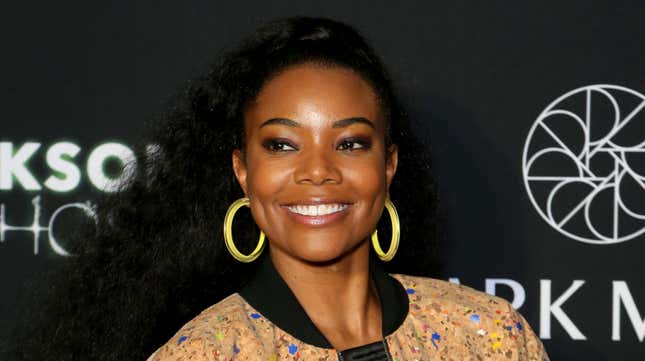I Appreciate Gabrielle Union’s Natural Hair Journey
Recollections of hair woes and the flailing self-esteem during impressionable years is a common thread.
CelebritiesEntertainment

The politics of Black women’s hair and the cruel policing of “ethnic” hairstyles have been a constant battle, often unearthing harrowing personal testimonies that include the long road to recovery. As a former addict to chemical hair straighteners, I once couldn’t imagine rocking my own natural textures out of fear of rejection borne from the woes of feeling different at a time when those emotions were hard to process.
Actress Gabrielle Union recently opened up to PEOPLE Magazine about her hair journey, pointing out the challenges of growing up in a predominately white neighborhood in the Bay Area and how it made her desperate to alter her hair texture so she could fit in with her non-Black counterparts.
Union says she “convinced” her mother to allow her to get her first relaxer treatment at the age of eight because she “just wanted to fit in.”
“I’m sure she thought, ‘What’s the worst that can happen? [Relaxers] have been around forever,” said Union, adding that she “wanted swoop, swinging hair and in order to get that I needed a relaxer.”
-

-

-

-

-

-

-

-

-

-

-

-

-

-

-

-

-

-

-

-

-

-

-

-

-

-

-

-

-

-

-

-

-

-

-

-

-

-

-

-








































